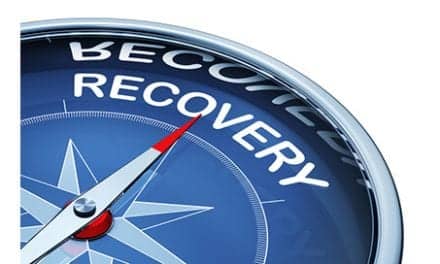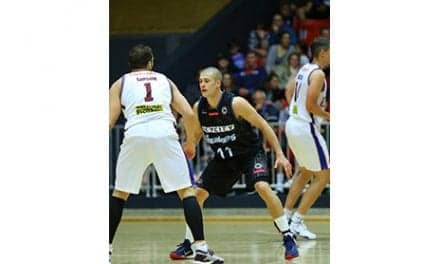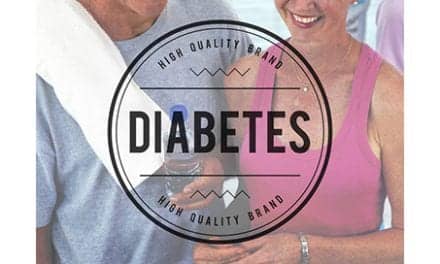Researchers studying the effects of hard training on cyclists suggest that intense exercise may reduce sleep quality, but a high-carb diet might be helpful.
The research team, from Loughborough University, studied the effects f two 9-day periods of heavy training on 13 highly trained cyclists. They monitored the athletes’ moods, sleep patterns, and performance before, during, and after exercise.
Then, explains a media release from Taylor & Francis, to determine whether diets could counter the effects of any sleep deprivation, the cyclists were given high or moderate amounts of carbohydrate throughout the study, though none of them knew which.
The research team, led by SC Killer, notes in the study, published in the Journal of Sports Sciences, that as little as 9 days of intense training caused “significant and progressive decline in sleep quality” among the athlete participants. They also noticed that the cyclists’ moods and capacity for exercise worsened during the observation period, per the release.
As well, they note that the athletes spent more time in bed during the training period, but it didn’t result in any more actual sleep. And the researchers reported changes in the athletes’ moods as the study went on, such as higher tension, anger, fatigue, confusion, depression, and increased feelings and symptoms of stress.
Regarding the additional carbs, the researchers state in the study that a high-carbohydrate diet helped reduce some, but not all, of the effects of the hard training. The moderate-carb athletes recorded more sleep time, but this may demonstrate higher levels of fatigue and a greater need for recovery when following that diet, the release explains.
The authors note in the release that, “The cycle of successful training must involve overload to a state of acute fatigue, followed by a period of rest. The results of such training are positive adaptations and improvements in performance. However, if overloaded training is not followed by sufficient rest, overreaching may occur.”
[Source(s): Taylor & Francis, Science Daily]





